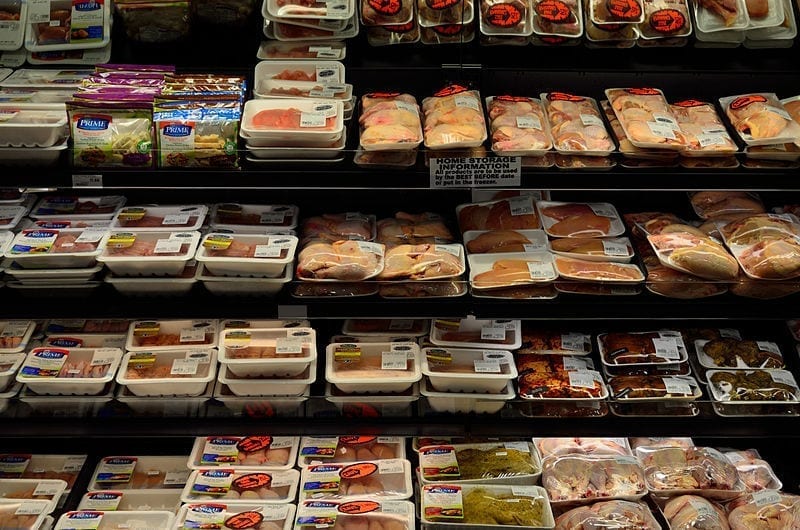While it’s understandable that businesses would prefer to keep certain trade secrets and proprietary formulations under wraps, matters of food safety should be considered in a different light. If brands feel like they would lose market share to competitors who hadn’t sold or distributed dangerous products, perhaps that fear should be realized for the good of consumers everywhere. This is the problem of information asymmetry; that is, when buyers and sellers have different levels of information about a product that lead to different decision-making capabilities.
What you don’t know can hurt you. However, what you don’t know can be quite profitable for companies that are afraid we’ll stop buying their products if we know too much about them. The Washington Post recently printed a story about the way the FDA refuses to disclose the names of grocery stores that end up selling contaminated food. It would seem obvious that transparency is of utmost importance when dealing with situations as crucial as the safety of the food we feed our families. However, industry players don’t feel the same way. Instead of perceiving contaminated products mostly as a threat to people who eat food, they primarily see consumer fear of tainted food as a major profit killer. Companies need us to stay ignorant because if we stop shopping, they lose business.
Our industrial food system can spread contamination far and wide in a surprisingly short time. For example, an E. coli outbreak that began in December, 2015 and eventually sickened 63 people in 24 states was eventually traced back to flour produced during one week in November at a single factory in Kansas City. So much of our food travels so far and passes through so many hands during processing that the entire country can be put at risk from one careless incident. Incidentally, this is a point in favor of a more localized food system. If food is grown, milled, cooked, and eaten locally, this would reduce the risk of national-scale outbreaks as well as make it much easier to track down the culprits. However, economies of scale that benefit business also allow for wider transmission of outbreaks. Clearly, eaters are not the primary beneficiaries of a globalized food system.
How salmonella spreads from farm to table, by The Oregonian
While it’s understandable that businesses would prefer to keep certain trade secrets and proprietary formulations under wraps, matters of food safety should be considered in a different light. If brands feel like they would lose market share to competitors who hadn’t sold or distributed dangerous products, perhaps that fear should be realized for the good of consumers everywhere. This is the problem of information asymmetry; that is, when buyers and sellers have different levels of information about a product that results in different decision-making capabilities.
People who advocate “letting the buyer beware” capitalize on information-poor consumers by interpreting the “free market” as a way to offer even dangerous products for sale, trusting that the winners and losers will sort themselves out one illness or injury at a time. For a “free market” that truly rewards the virtuous and punishes the unworthy, everyone taking part must have equal access to good information so they can make the best choices. When companies need us to stay ignorant so they have the advantage, they are not advocating for a free market.
Not telling us where contaminated foods are sold is far from the first time that businesses and the government have worked together to prevent consumers from having adequate information to make good choices. In the last several years, many issues in the food industry alone have reminded the public that companies need us to stay ignorant about what we’re eating. Perhaps the most recent example is the fight over GMO labeling. Whether or not you believe GMOs (and the industry practices they support) are harmless, shouldn’t consumers be able to choose for themselves whether or not they want to buy them? Similar arguments have played out over dairy products labeled rBST-free and labeling meat with its country of origin. “Ag-gag” laws that prevent people from revealing abuses taking place in slaughterhouses or factory farms mean that consumers who find these practices abhorrent are less able to easily choose products that are more in line with their beliefs.
We have a long way to go when it comes to transparency in our food system. It’s sad that so many in the industry fight so hard to keep it that way, and that they are backed up by our tax dollars. When companies need us to stay ignorant so that we support them instead of them supporting us with clean, safe, ethical products we’d rationally choose to buy, something has gone terribly wrong. Unfortunately, with our deregulation-crazy administration bent on removing consumer protections, this situation will likely worsen before it has any chance of getting better.
Related: Getting Around Dangerous Intersections
Also Related: Trumping the Safety of our Food


Join the conversation!